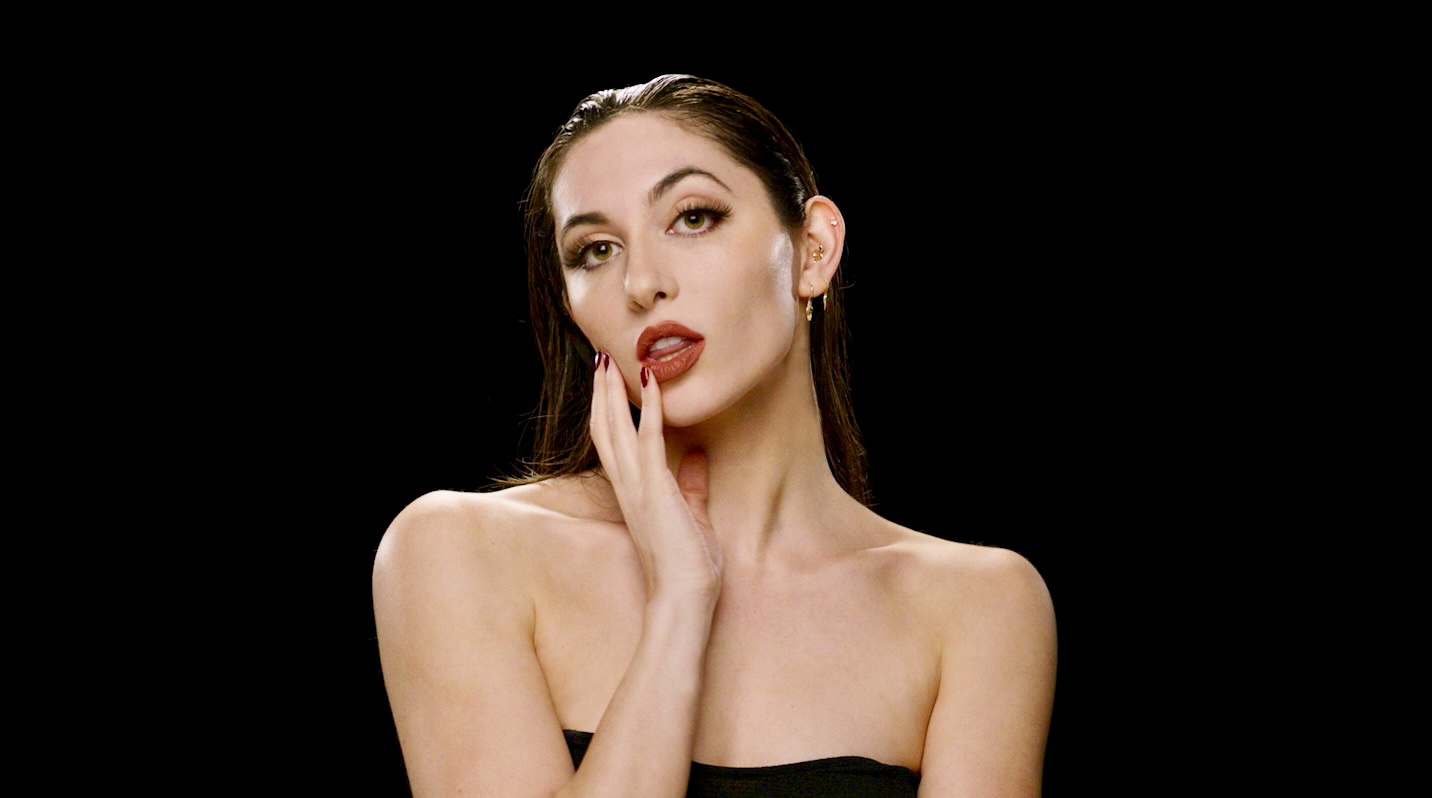Alright – so today we’ve got the honor of introducing you to Elizabeth Cuzzupoli. We think you’ll enjoy our conversation, we’ve shared it below.
Hi Elizabeth, thank you so much for opening up with us about some important, but sometimes personal topics. One that really matters to us is overcoming Imposter Syndrome because we’ve seen how so many people are held back in life because of this and so we’d really appreciate hearing about how you overcame Imposter Syndrome.
While I’d love to say I’ve overcome imposter syndrome, I’m still a ways off from that goal. But looking at the work I’ve put in and how far I’ve come has helped immensely. It’s easy to get overwhelmed by the magnitude of our goals and how much more we hope to achieve. While it’s great to have something to work toward, I try not to let my aspirations undermine my current accomplishments. By looking back at progress videos, old clips, and where I started out, I remind myself of the hard work I’ve put in to get where I am now, and can more easily recognize the progress I’ve already made.
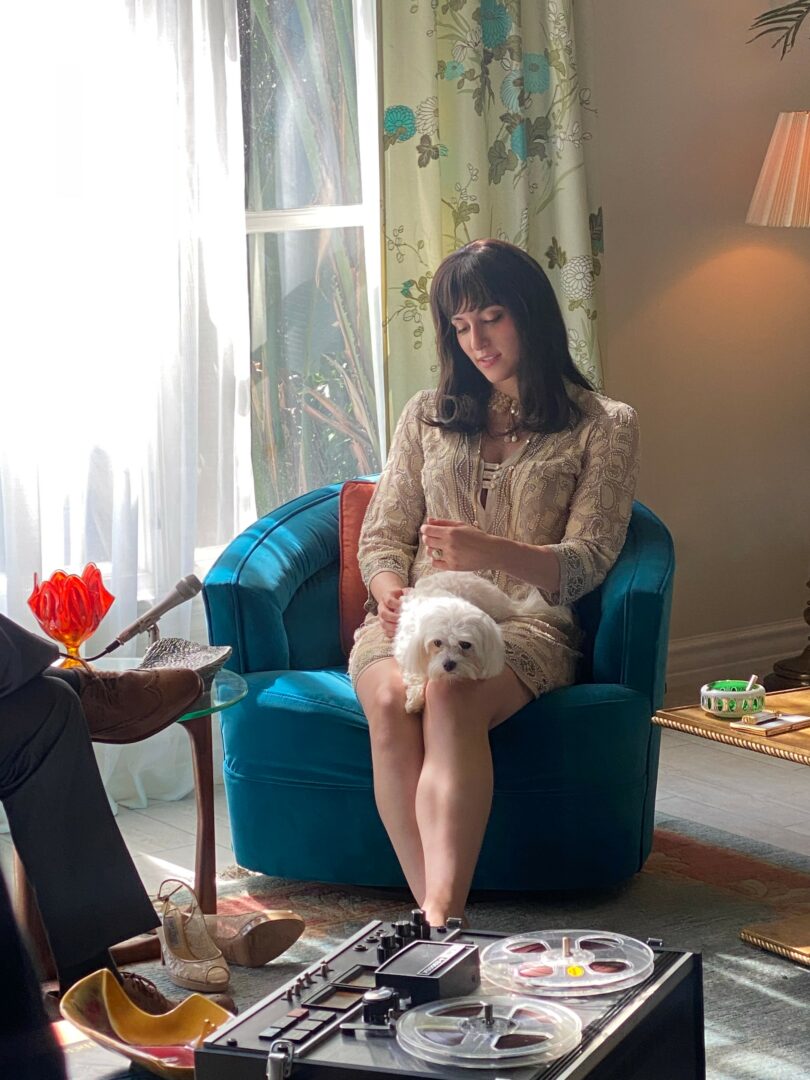
Thanks for sharing that. So, before we get any further into our conversation, can you tell our readers a bit about yourself and what you’re working on?
Like many Los Angeles transplants, I’m an actor. I’ve always loved any and every art form, but was particularly drawn to the performing arts. I moved to LA for college (fight on!), and pursuing my degrees at a school and in a city where the entertainment industry is so prevalent allowed my passion for acting to become a career. I still love all the arts, but right now I’m primarily focused on screen acting. Regardless of the genre, medium, or my role in a project, I’m aiming to build up my network and gain as much on-set experience as I can. A recent part of that process has been the hunt for representation. I have a great manager at FAME management, and am proud of the work I’ve been able to coordinate from self-submissions and networking. But as I take on larger-scale projects, I’d like to have more people in my corner to most effectively build on that existent momentum. I’m looking for rep who hold the same passion for this industry as I have, and finding someone I can build a mutually beneficial partnership with is my next tangible goal.
Two recent projects of mine that I’m particularly excited to promote are the documentary “Elizabeth Taylor: The Lost Tapes”, which (after its world premiere at the Festival de Cannes and an appearance at Tribeca film festival) can now be seen on HBO Max, and the film Grassland. It was surreal being cast as a Hollywood icon and helping to bring her true story to modern viewers. I mean, being cast as Elizabeth Taylor is the ultimate compliment! Grassland has a very special place in my heart because not only was it my first feature film, but in addition to acting in it I worked as a PA and on BTS photography. It was the closing film at the LALIFF festival this spring, and is about to have its international debut at the Monterrey International Film Festival. It was so rewarding being fully immersed in the process of making this film, and it’s been incredible to see such an important story be shared on an international scale.
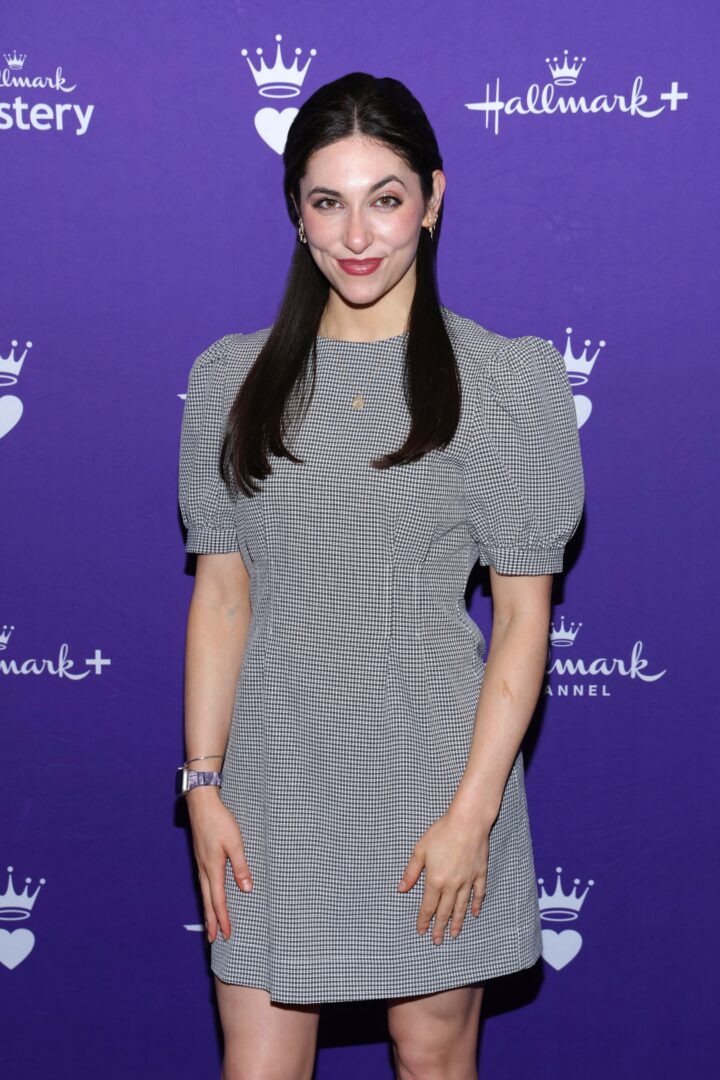
There is so much advice out there about all the different skills and qualities folks need to develop in order to succeed in today’s highly competitive environment and often it can feel overwhelming. So, if we had to break it down to just the three that matter most, which three skills or qualities would you focus on?
Hard work and passion immediately come to mind when talking about traits that have gotten me to where I am today, and they’re cliches for a reason: because they’re invaluable. But some underrated traits and experiences that I would say are just as important are pragmatism, resilience, and education. Any art is so personal that it can be really difficult to judge impartially. But with acting, which uses your face and body as its medium, it can be even harder to disconnect career success from personal worth. The ability to view our performances pragmatically allows actors to get better faster, and to take notes without processing them as a personal attack. I used to hate watching myself (and it’s still not something I particularly enjoy), but the ability to watch my work and not view it personally has allowed me to learn so much, and to transition from a leisure performer to a professional one.
In the same vein, resilience is necessary to successfully pursue this career path. The most consistent thing about this industry is rejection, and if you’re not comfortable with that, performing likely won’t be a healthy career path for you. You have to remember that often, it really isn’t about you. Maybe you look JUST like the director’s ex-girlfriend, or you went to the casting agent’s rival college, or there’s some other minuscule reason that you didn’t get cast that has nothing to do with your skills. Whether it’s something you did or not, rejection is the one thing you can count on in this business, so resilience is crucial.
This last one isn’t always agreed upon in the acting world; many professional actors skip school and have incredibly fruitful careers. And let’s face it, whether it’s a bachelor’s degree or a local class, not everyone can afford the luxury that is an arts education. But personally, I needed my education to develop my passion for the arts into a career. Having space and time to learn about the industry and work on sets without career consequence helped me gain experience and determine what works for me. It’s helped me understand the other roles and opportunities in this industry, given me pragmatic tools to look at what I have to offer in auditions, connected me to incredible mentors and filmmakers, and more. Whether it’s from a traditional school/class, or just from conversations at a coffee shop with someone whose work you respect, education and literacy can provide crucial context to thrive in this industry. A successful career can’t just be made from passion alone, and for me, pragmatism, resilience, and an arts education were huge factors in being able to meld this skill into a marketable service.
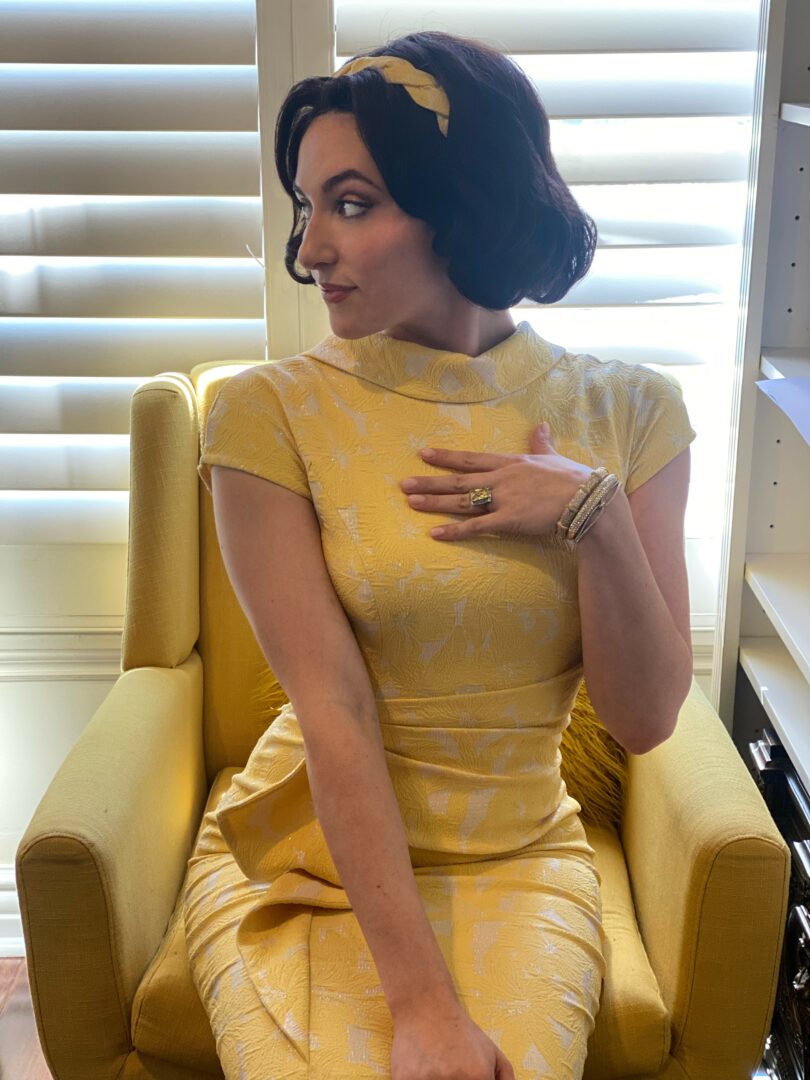
What would you advise – going all in on your strengths or investing on areas where you aren’t as strong to be more well-rounded?
Maybe it’s my indecisive nature talking, but I will always be of the belief that it’s better to improve on our faults than to exclusively work within our strengths. The best opportunities are often the ones we don’t see coming, and the wider your skillset is, the more prepared you’ll be for any opportunity that comes along. Like I said earlier, acting is not the only role I’ve played on set; I have work experience as a behind the scenes photographer, a PA, a social media and marketing team member, and more. If I hadn’t been ready for those opportunities, I would’ve not only missed out on those amazing projects, but missed out on acting jobs as well. Ultimately, you never know how this industry will shift, and the more multifaceted you are, the more likely you are to be an irreplaceable asset on set.
One of the most commonly misquoted colloquialisms is about the jack of all trades. The full, intentioned saying is: “a jack of all trades is a master of none, but oftentimes better than a master of one.” You can find so much success being the person others depend on no matter what kind of role or opportunity is on the horizon, and it opens you up to so much more than having one niche skill does.
Contact Info:
- Website: https://www.imdb.com/name/nm11318167/
- Instagram: https://www.instagram.com/elizacuzzo/?hl=en
- Linkedin: https://www.linkedin.com/in/elizabeth-cuzzupoli-91ab9b1a1/
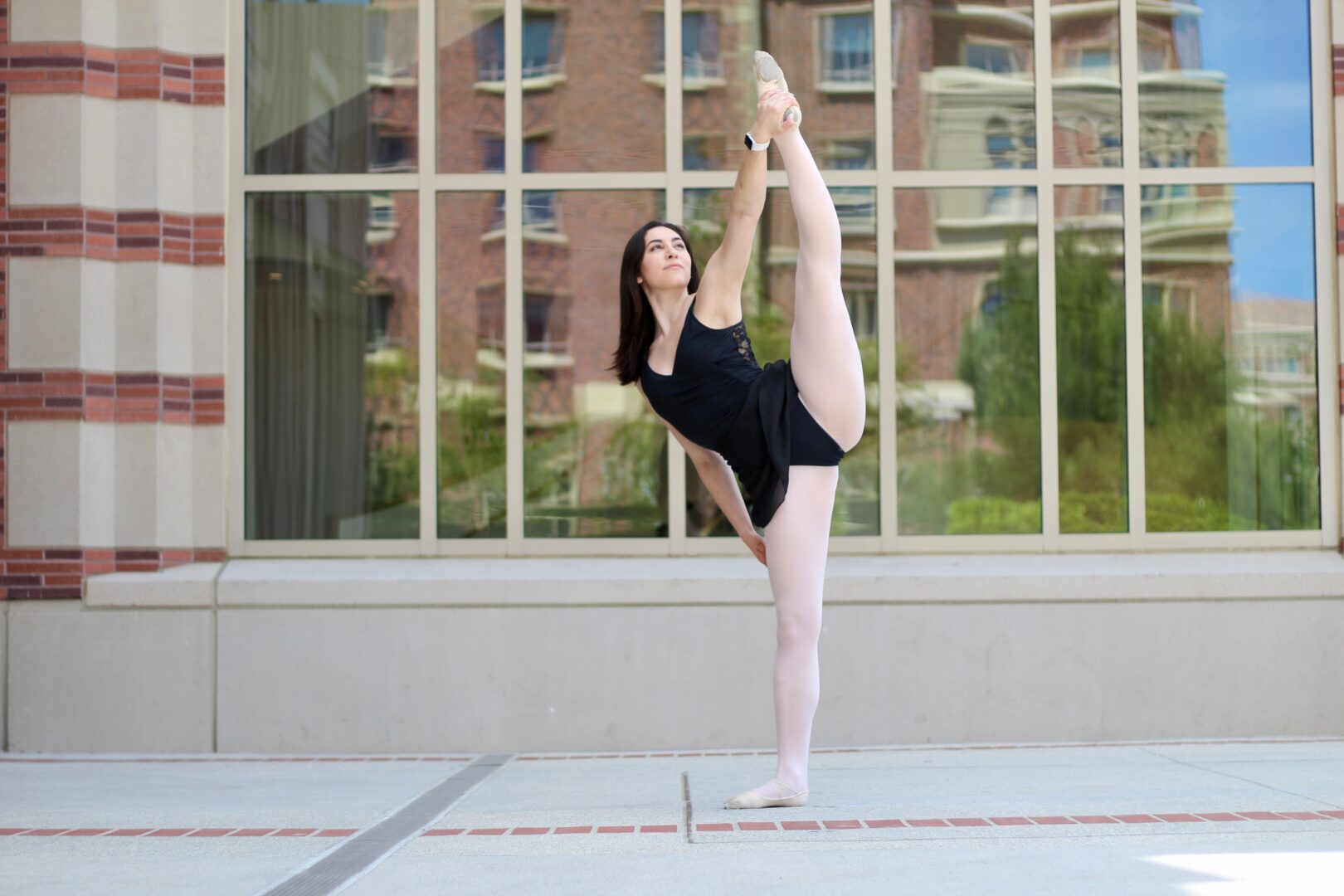

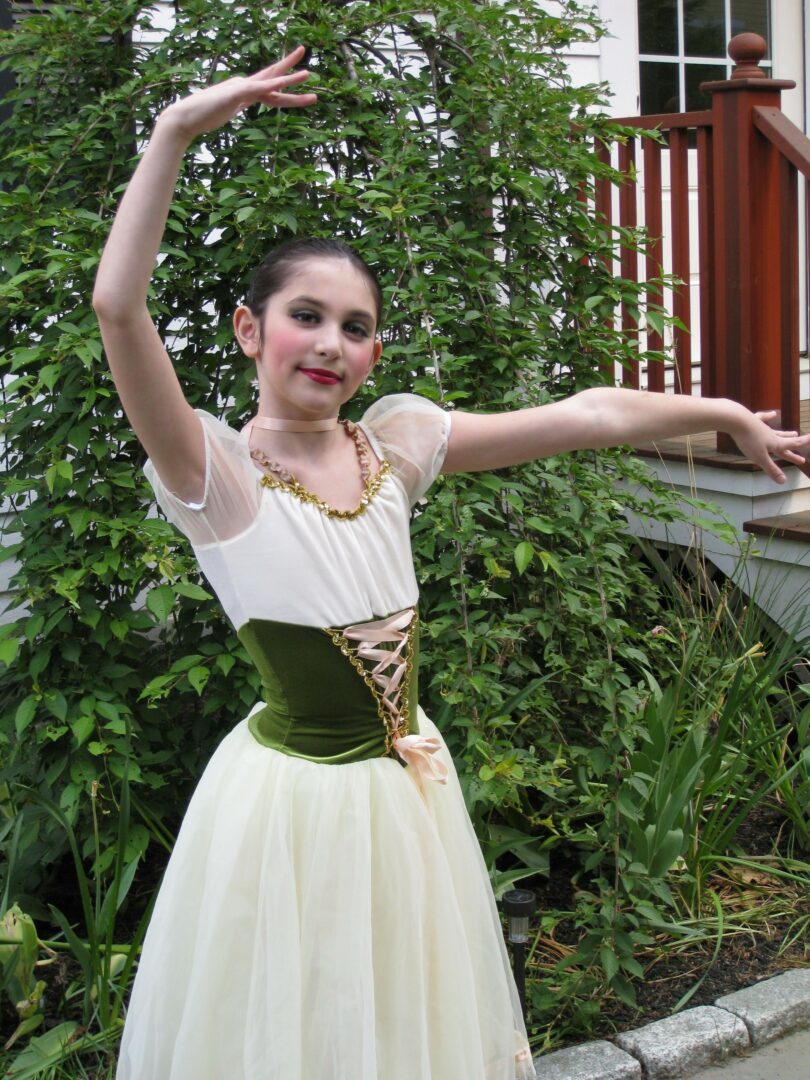
Image Credits
Vicky Rattanavipapong, Phillip Faraone, Amy Cuzzupoli
so if you or someone you know deserves recognition please let us know here.

